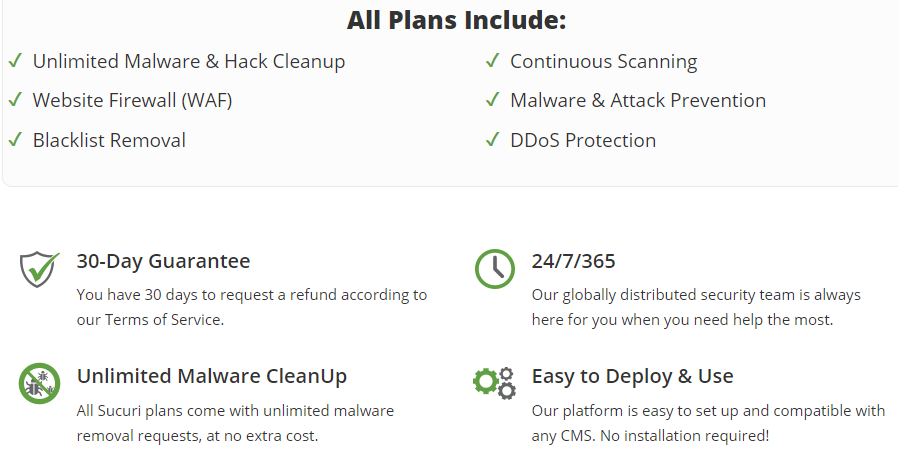Did Sucuri Lie About a Claimed SQL Injection Vulnerability or Unnecessarily Frighten People Due to Not Doing Basic Testing?
Yesterday we wrote about the web security company Sucuri overstating the impact of a SQL injection vulnerability, which they had re-discovered a year and half after we had discussed it. That was one of two claimed SQL injection vulnerabilities they disclosed recently and the post on the other, claimed to be in the plugin Advance Contact Form 7 DB, manages to be worse.
Their post starts by making a claim that doesn’t seem to make sense: [Read more]
